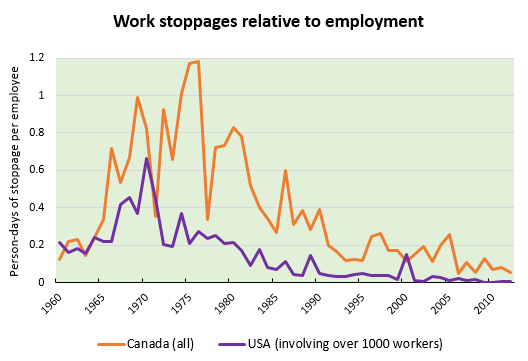Alright, so the title is a bit of a cheap hook, taking advantage of the popularity of Thomas Piketty’s Capital in the 21st Century. In his book, French economist Piketty traces the contours of global inequalities of wealth (and income) over the past 300 years and wraps them in a novel and thought-provoking theory of economic dynamics. Inspired by this general theme, I present here a smattering of numbers and thoughts on the links between inequality in Canada and the concentration of hydrocarbon (oil and natural gas) resources.
Piketty mentions Canada several times and only fairly incidentally. On initially flipping through the book, however, I came upon a short section tucked away in one of the last chapters. The section is titled “The Redistribution of Petroleum Rents” and it has some very direct relevance for Canada. In it, Piketty writes,
When it comes to regulating global capitalism and the inequalities it generates, the geographic distribution of natural resources and especially of “petroleum rents” constitutes a special problem.
The remaining page and a half of this very short section is taken up with Piketty’s musings on the two most recent Iraq wars, on the injustices that can develop in petro-states and on how conflict over unequally-distributed of oil can differ from democratic ideals.
The general “special problem” of petroleum rents, however, also applies to Canada. Canada is an interesting case because oil (among other resources) is geographically very unequally distributed within its national borders. Overlaying the unequal geographic distribution is a federation in which provincial governments operate within the same very broad institutional bounds but can yet differ substantially on policy in a wide range of areas. Indeed, Canadian provinces are sometimes compared, in their powers, more to very delimited states than sub-national jurisdictions.
